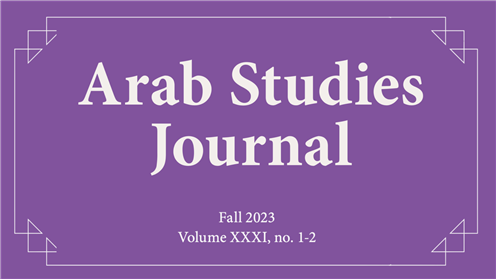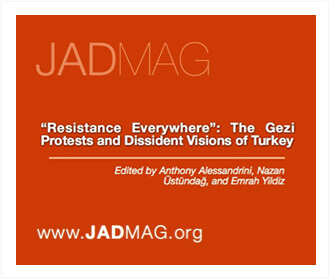The July 1 battle in which the Egyptian Armed Forces regained control of a small border town from the self-proclaimed Sinai Province of the Islamic State (formerly known as
Ellis Goldberg
Ellis Goldberg (Ph.D., University of California, Berkeley, 1983) is a professor in the Department of Political Science at the University of Washington. He specializes in the study of Middle Eastern politics. From 1995-1999 he chaired the Middle East Center of the Jackson School of International Studies. His first book, Tinker, Tailor and Textile Worker (University of California Press, 1986), deals with the Egyptian labor movement. His most recent book is Trade, Reputation and Child Labor in 20th Century Egypt (Palgrave/MacMillan, 2004). Other publications include work on Muslim political movements in Islam, the origins of the post-colonial trade union movement in Egypt, and human rights. From 2007-2008, Prof. Goldberg was a visiting research fellow at the Center for Middle Eastern Studies at Harvard University.
Goldberg’s teaching interests include comparative politics, Middle East politics, and international political economy.




















